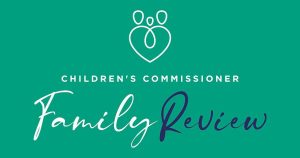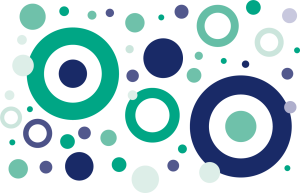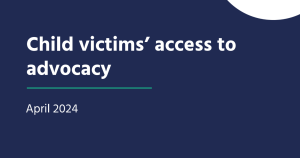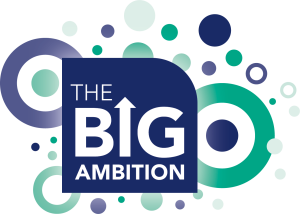In The Big Ask – children told me how important family was to them. As you will have heard me say time and time again, I believe that, other than education, family is the only other thing that help children reach their potential and go on to lead happy and healthy lives. This is why, when I was commissioned, by the Government to explore what the modern day family looked like, I didn’t think twice.
In September, I published part 1 of the Family Review. It looked at what families mean to people, the services that support them and the ways we can better help families thrive.
Most families, at some point in their lives, will need additional support. And, the research made clear that families’ preferences for getting help is to turn to their own networks – wider family, close friends and also platforms which connect families in similar situations.
However, it also became clear that not all families feel have those support networks already in place and do not feel that they can turn to family or friends for help. So, for those who do not have extensive support networks, formal and professional services are vital.
I know that there are some brilliant services providing transformative support for families there is a need for services that work in a better and more joined-up way. Families told us they want services to be relational, accessible, welcoming and non-stigmatising and inclusive to all family members.
And, there have been many moves towards changing the model of siloed working – amazing initiatives like the Supporting Families Programme, and local level family outcomes frameworks. But, I want to do more.
Yesterday, my office hosted 50 professionals that work with children and families to understand how an effective outcomes framework could be designed and delivered. Families have their own framework that looks at the family as a whole, not as separate individuals and we need to find a way that services can copy this dynamic. The outputs of this workshop will serve as the foundation to our work on developing a high-level outcomes framework that focuses on family strengths and on preventing negative outcomes for families.
I truly believe that a shared outcomes framework can help bring cohesion to a currently fragmented range of services.
By working together, we can ensure that no families fall through the gaps and all can feel the protective effect of unconditional support around them.
Thank you to everyone involved – your expertise and experience will enable us to do better for families no matter where they are in the country, no matter what they need.






